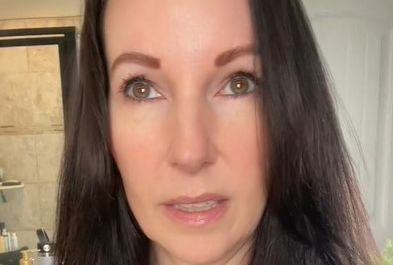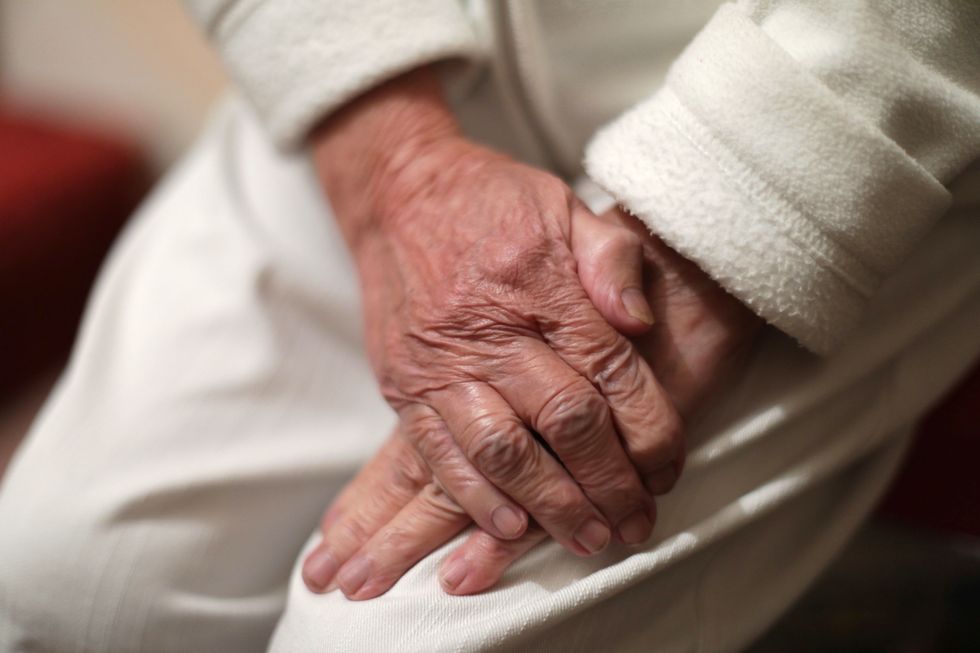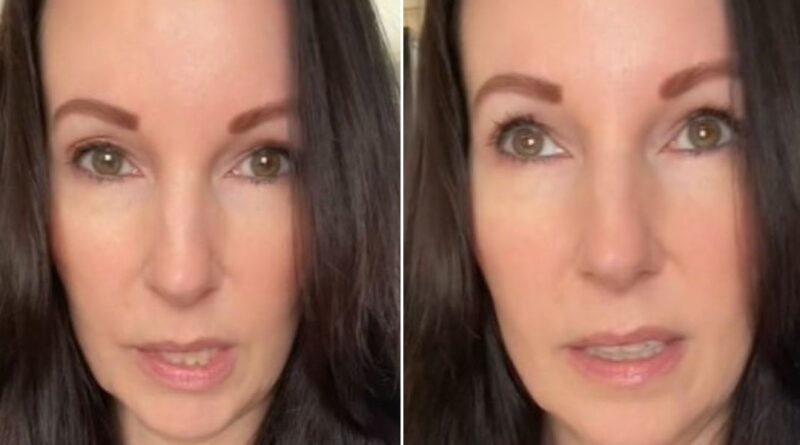‘I have dementia – the first clues appeared decades before I was diagnosed with the condition’
Effective treatments for dementia remain scarce and scientists partly attribute this to the fact that the condition is frequently diagnosed after symptoms emerge.
In fact, the first warning signs may appear up to two decades after the condition has damaged parts of the brain.
One TikToker named Jana (Jana-welcome2dementia) has been documenting her journey with the condition on social media.
In a recent post, Jana revealed how the first warning signs of her cognitive struggles can emerge “decades or two decades before somebody gets diagnosed”.

Jana’s account offers a rare glimpse into the early symptoms of dementia
TIKTOK / Jana-welcome2dementia
Her account offers a rare glimpse into the early manifestations of dementia symptoms in young adults.
Jana shared a particularly striking incident from when she was 26 years old, during a work trip.
She had flown to Seattle to receive an award at a ceremony with colleagues. The following morning, before her return flight, Jana and a friend decided to explore the city.
Everything seemed normal during their outing, with Jana recalling having lunch and feeling completely fine.
Moments later, a concerning episode began to unfold at the airport.
“When we pulled into the airport I got out and went to the back of the car, and it was then that I suddenly didn’t know where I was, I didn’t know who I was with, I didn’t know why I was there”, Jana recalled.
She remembered experiencing complete disorientation, believing she was at a different airport in Salt Lake.
Fortunately, her companions were there to explain where she was and what she needed to do next.
 Researchers stress that the finding could be a ‘quirk’ of the study design PA
Researchers stress that the finding could be a ‘quirk’ of the study design PA
“By the time I got back to everybody else I kind of snapped back into reality, but I was really shaken up,” she recalled.
The unsettling experience has stayed with Jana for three decades and shows that cognitive symptoms may appear in young adults, well before they might typically be associated with dementia.
“It’s definitely what confusion feels like to me when I’m Sundowning,” noted Jana, referring to a state of confusion that occurs late afternoon among patients with cognitive decline.
“I was really shaken up,” she admitted. “That’s something that stayed with me for thirty years.”

